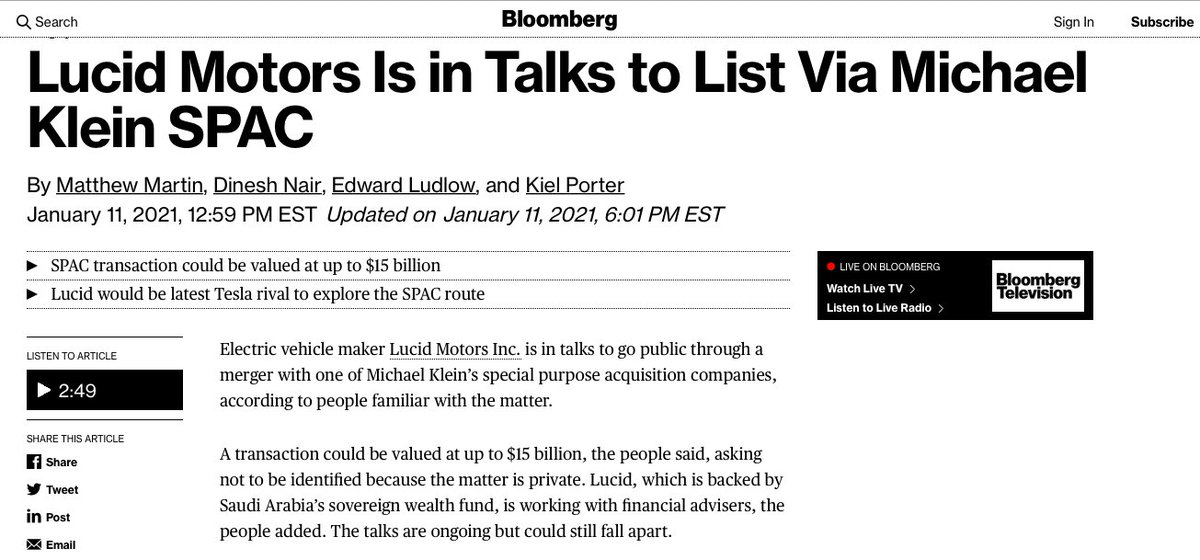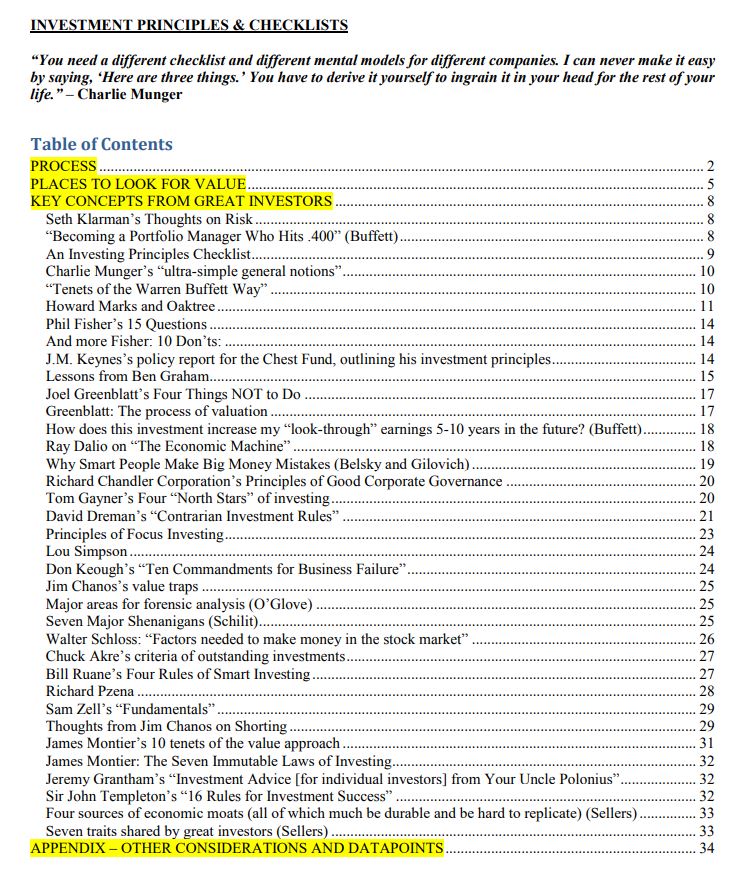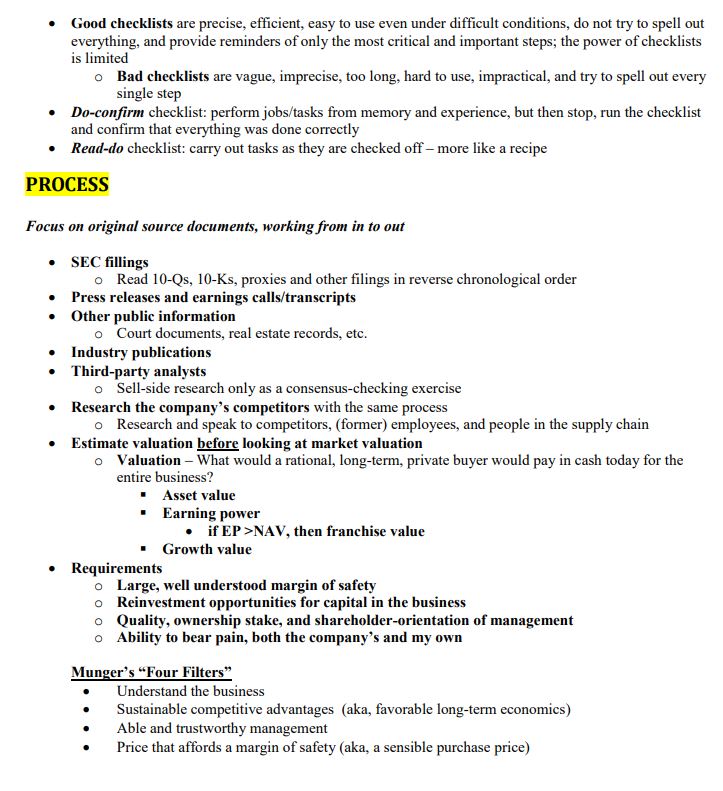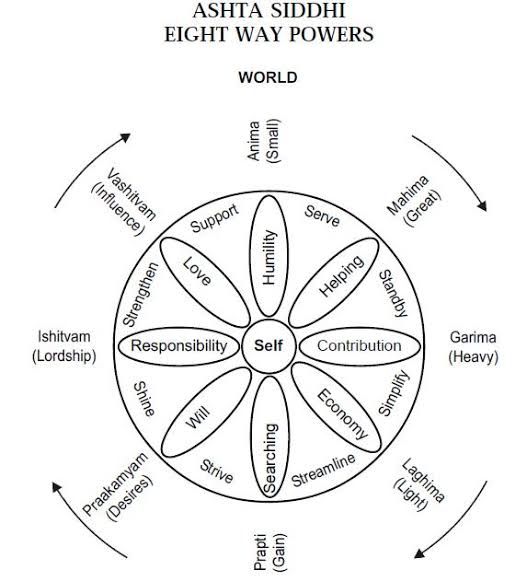This allows cash-basis taxpayers to prepay and deduct qualifying expenses up to 12 months in advance without challenge, adjustment, or change by the IRS.
1. Year End Tax Tips:
Yes, there is still time to save money on taxes for 2020....even today.
Here is a list of some of your top options:
A) You can pay your kids up to age 18 up to $12,400 and if they have no other income, they owe NO federal taxes, but YOU get the deduction
This allows cash-basis taxpayers to prepay and deduct qualifying expenses up to 12 months in advance without challenge, adjustment, or change by the IRS.
-lease payments on business vehicles
-rent payments on offices and machinery
-and business and malpractice insurance premiums
With bonus depreciation now at 100 percent along with increased limits for Section 179 expensing,
buy your equipment or machinery and place it in service before December 31 and get a deduction for 100 percent of the cost in 2020.
-new and used personal property such as machinery, equipment, computers, desks, furniture, and chairs (and certain qualifying vehicles).
I'm picking up a stand up desk since someone went and filled my bin.
If you are a single-member LLC or sole proprietor filing Schedule C for your business,
the day you charge a purchase to your business or personal credit card is the day you deduct the expense.
The same rule applies:
The date of charge is the date of deduction for the corporation
the corporation must reimburse you if you want the corporation to realize the tax deduction, and that happens on the date of reimbursement.
But again, you still have time.
This applies to both new AND used vehicles.
Personally, I buy mine used.
About 4 years old with < 50k miles.
You should never stop documenting your deductions, and you should always claim ALL your rightful deductions.
Don’t think you have too many, and don’t try to avoid deductions that you think could be a red flag.
Second, no one knows exactly what those red flags are.
Third, if the deduction is legitimate, it doesn’t matter if the IRS audits it—you’ll win.
And their audit rate is currently less than 2%
Anyway, those are some absolute last-minute strategies for you.
Want to pay the absolute LEAST amount possible in 2021?
Then you need to grab my course Slash Your Taxes.
This info was from the 1st 15 min of ONE week.
& each month in 2021, we'll answer questions in a monthly call AND we'll do one financial tax makeover a month.
Seriously, this is the best deal on the planet if you have a business, or side hustle.
And, of course, the cost is a deduction.
https://t.co/0HZaqbQk4p
























